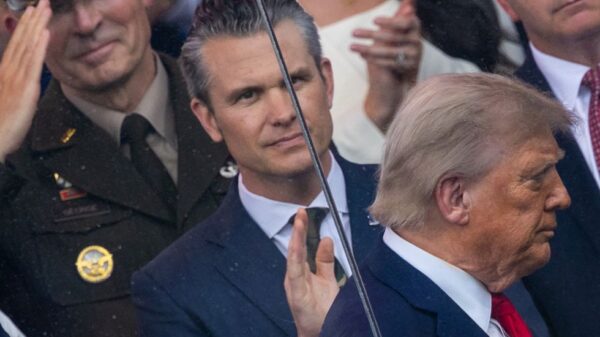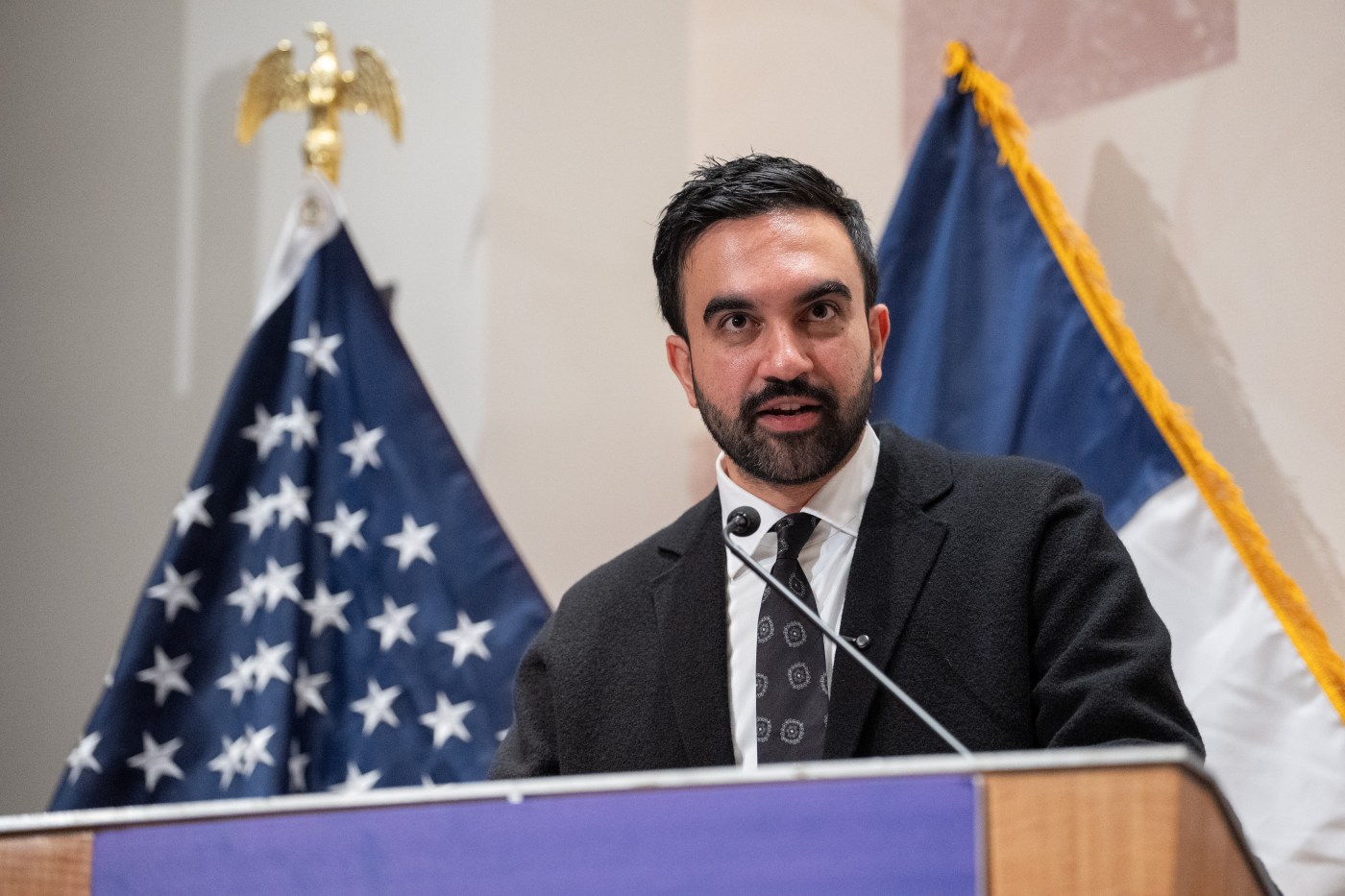In the wake of the upcoming election for the City Council speaker, there are growing discussions about whether Zohran Mamdani, the newly elected mayor of New York City, should involve himself in the contest. Given the complexities and potential pitfalls surrounding the speaker election, many political observers suggest that Mamdani would benefit from refraining from making any endorsements or interventions.
Lessons from the Past
Historically, mayoral involvement in the selection of the City Council speaker has proven contentious. After his election, Eric Adams attempted to promote his preferred candidate, which resulted in a lasting rift with the eventual winner. Similarly, Bill de Blasio successfully backed his candidate in 2013, but this led to difficulties as the speaker sought to assert independence from the mayor’s influence.
Mamdani’s political strategy during his successful primary and general election campaigns was characterized by discipline and focus. He notably maintained a low profile on ballot questions regarding housing, waiting until Election Day to express his views. This cautious approach has served him well, and many believe it would be prudent for him to adopt the same strategy regarding the speaker election.
Focus on Governance
Instead of engaging in the speaker race, Mamdani has significant responsibilities ahead as he prepares to lead the city. His administration will face numerous challenges, including implementing his agenda, which extends beyond basic issues such as transportation, childcare, and grocery access. The incoming mayor must also navigate potential conflicts with a federal government that may impose cuts in funding.
The potential for reduced federal support looms large, especially with the prospect of a Donald Trump presidency in the future. While Mamdani has made history as the first mayor to secure over one million votes since the 1960s, this does not necessitate exerting influence in the speaker election, which could complicate his governance.
As the City Council members negotiate their leadership roles, Mamdani’s focus should remain on establishing his administration and addressing pressing citywide issues. The recent ballot proposals on housing, which voters approved, grant greater power to the mayor over land use decisions. This shift is crucial, as previous Council decisions often reflected narrow interests rather than the city’s broader needs.
Ultimately, while the City Council deliberates on its leadership, Mayor Mamdani would be wise to prioritize the foundational tasks of his administration. Concentrating on housing development and leveraging new powers will likely serve him—and the citizens of New York—better than engaging in the political maneuvering surrounding the speaker election.






































































